“Words can be twisted into any shape. Promises can be made to lull the heart and seduce the soul. In the final analysis, words mean nothing.
They are labels we give things in an effort to wrap our puny little brains around their underlying natures,
when ninety-nine percent of the time the totality of the reality is an entirely different beast.
The wisest man is the silent one. Examine his actions. Judge him by them.”
―
The current socio-political climate has me thinking about the consequences of labeling things, creating boxes, and simplifying ideas into news-ready headlines.
via Se7en
With more news sources than ever and less attention span, you see ideas packaged into attention-grabbing parts. The focus isn't on education or the issues, but on getting the click, making your stay on their page longer, and sending you to a new article utterly unrelated to why you clicked on the page.
Complex issues are simplified – not even into their most basic forms – but instead into their most divisive forms … because there's no money in the middle.
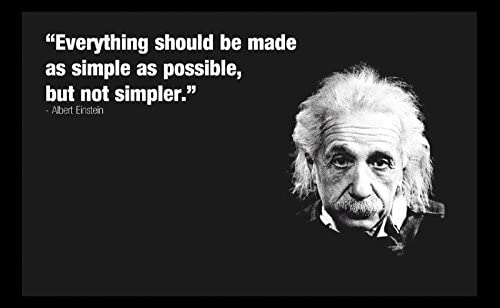
The amplified voices are those on the fringe of the average constituents' beliefs – precisely because those are the ones who are often the most outspoken.
Issues that should be bipartisan have been made "us" versus "them," "liberal" versus "conservative," or "right" versus "wrong." The algorithms of most of these sites create echo chambers that increase radicalization and decrease news comprehension. Identity politics have gotten so strong that you see families breaking apart and friend groups disintegrating … because people can't imagine sharing a room with someone they don't share the same values as.
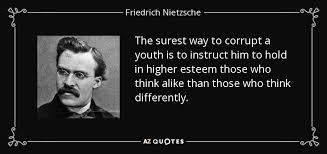
via BrainyQuotes.
In psychology, heuristics are mental models that help you make decisions easier. They're a starting point to save mental bandwidth, allowing you to spend more brain cycles on the important stuff.
That's a great use of "boxes" and "simplification"… but it shouldn't preclude deeper thought on important issues.
In an ideal world, we would all have the bandwidth to view each case of an issue as a whole issue within itself. Most things are nuanced, and the "correct" answer changes as you change your vantage point.
I recognize that's not realistic.
Instead, I encourage you to remember to continue to think and learn … even about things you already know. Confirmation Bias is one of the more common forms of cognitive bias. Here is an infographic that lists 50 common cognitive biases. Click to explore further.
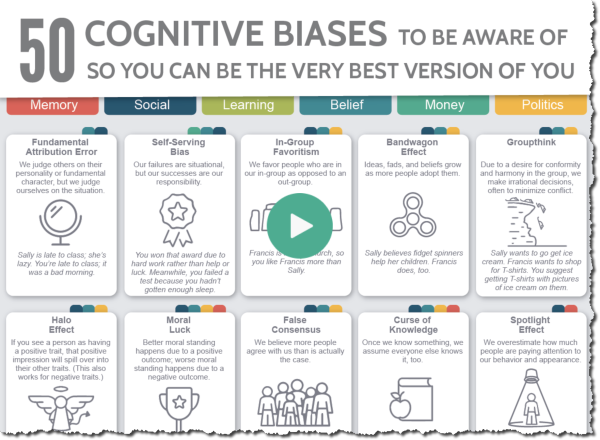
via VisualCapitalist
Important issues deserve more research. New insights happen between the boundaries of what we know and don't. Knowledge comes from truly understanding the border between what you are certain and uncertain about.
I challenge you to look beyond the headlines, slogans, and talking points you like most. Look for dissenting opinions and understand what's driving their dissent. Are they really blind or dumb (or are their value systems just weighted differently)?
Not everything needs to be boxed. Not everything needs to be simple. You should explore things and people outside of your comfort zone and look to see things from their point of view … not your own.
Applying This Lesson
“I am ashamed to think how easily we capitulate to badges and names, to large societies and dead institutions.”
― Self-Reliance
I love learning a lesson in one space and applying it to other spaces. It's one of the cool things about AI. An algorithm can learn rules in the construction space that may help in the medicine or trading space. Everything's a lesson if you let it be.
In that vein, the lesson on labeling also applies to yourself and your business. Don't get me wrong – naming things is powerful. It can help make the intangible tangible. However, don't let the label (or your perception of the label) stop you from achieving something greater.
Many things are true because we believe them to be, but when we let go of past beliefs, the impossible becomes possible, and the invisible becomes visible.
We are our choices … and you can make choices today that change who you are (and what you or your business is capable of) tomorrow.
Hope that helps – Onwards!


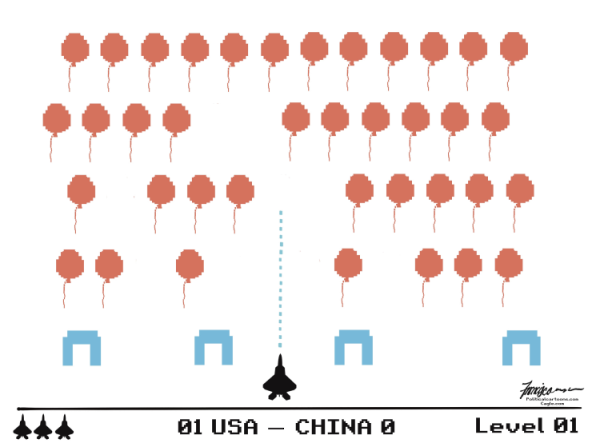
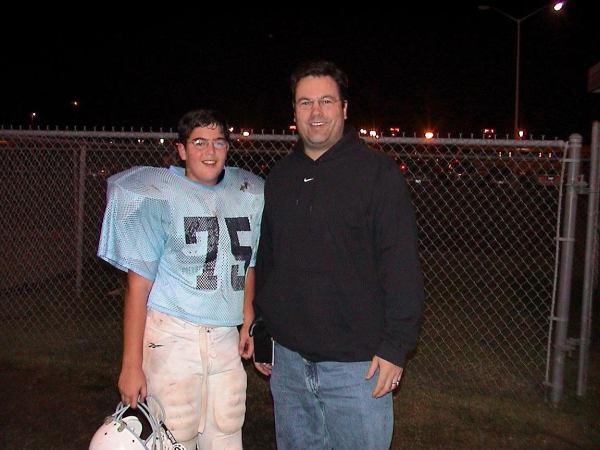
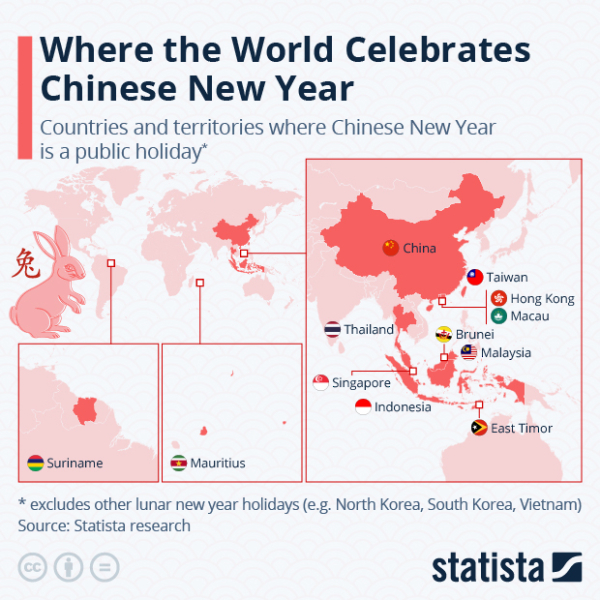 via
via 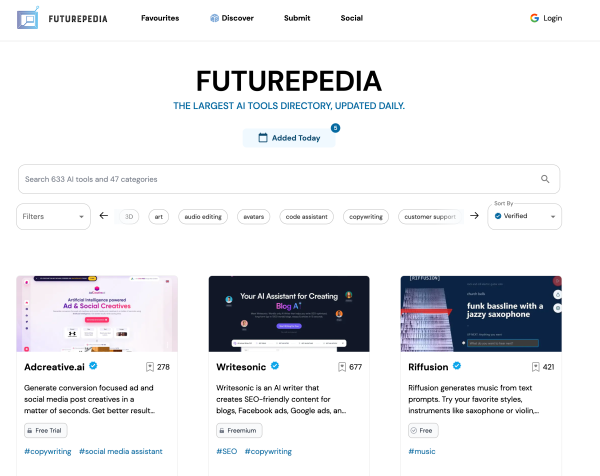
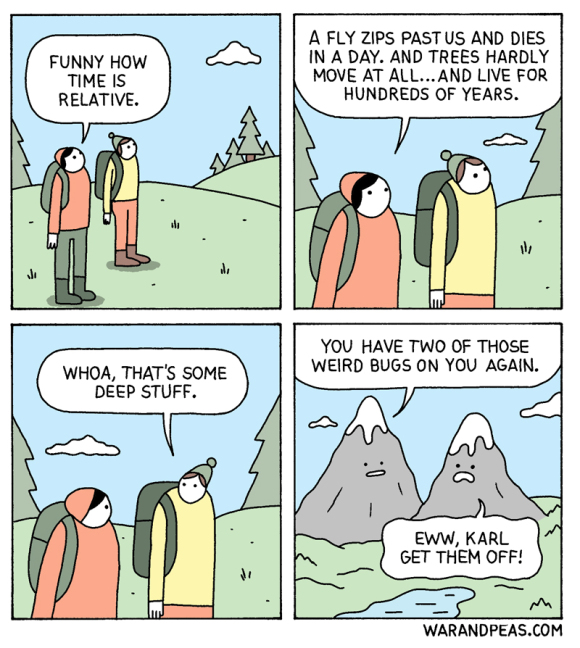 How can you maximize the time you have left? Fill it with the best experiences, activities, and people you can.
How can you maximize the time you have left? Fill it with the best experiences, activities, and people you can.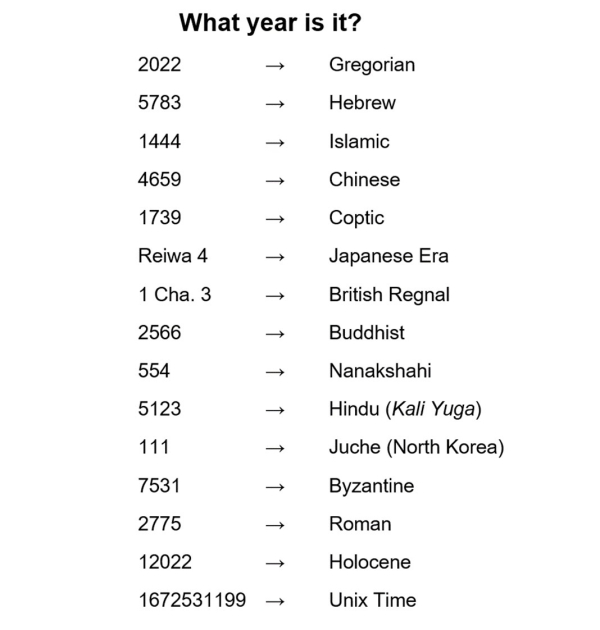 Like most things, time is relative. It can seem to go fast, it can seem to go slow … sometimes it seems like it stands still. It's a matter of perspective. As we just saw, so is the calculation of what year it is. But, so too is the perspective of what you pay attention to, what you make it mean, and what you choose to do. There's no absolute "right" – only a seemingly endless stream of choices and opportunities.
Like most things, time is relative. It can seem to go fast, it can seem to go slow … sometimes it seems like it stands still. It's a matter of perspective. As we just saw, so is the calculation of what year it is. But, so too is the perspective of what you pay attention to, what you make it mean, and what you choose to do. There's no absolute "right" – only a seemingly endless stream of choices and opportunities.